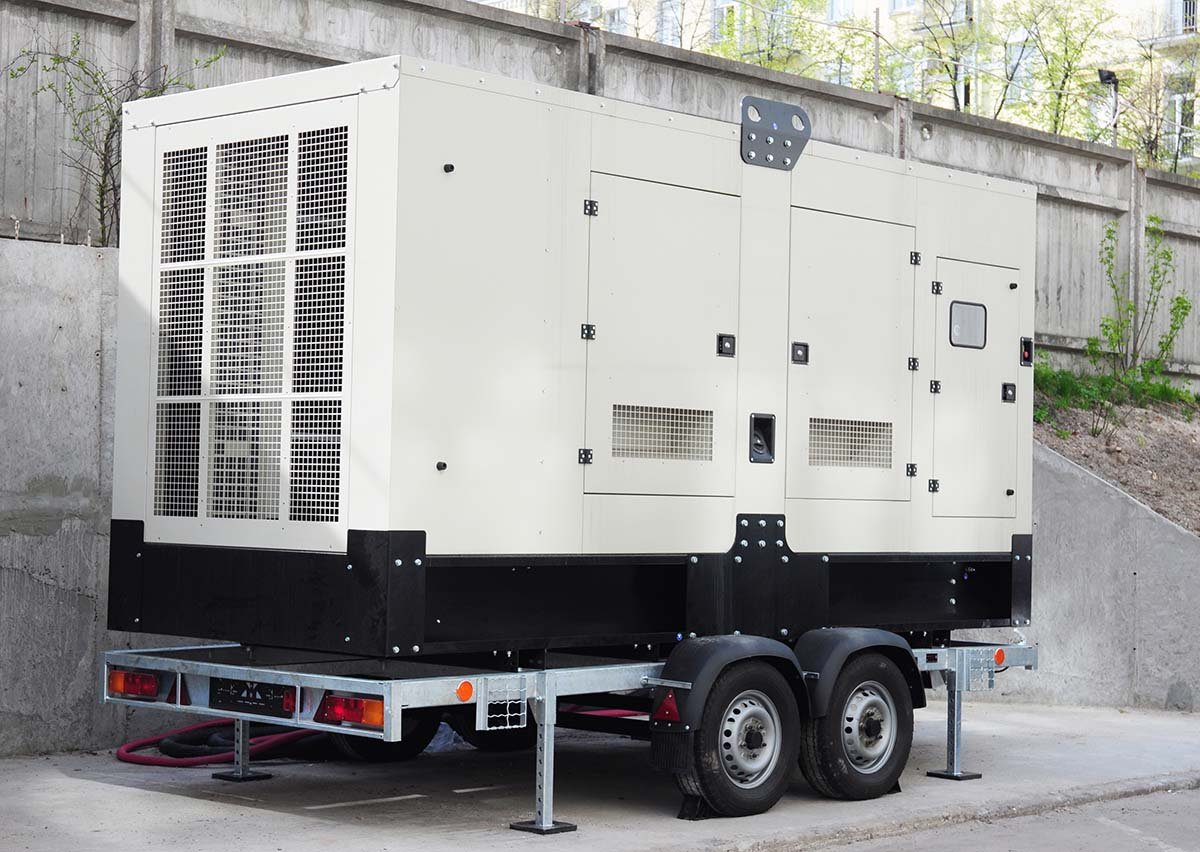Is Natural Gas Clean Energy?

For years, some conversations about climate change have referred to natural gas as a low-emission alternative to burning coal or petroleum. To be honest, many of these conversations usually involve people who want to do the absolute bare minimum to appear environmentally friendly while also, somehow, doing a large amount of environmental harm.
The answer to ‘Is Natural Gas Clean Energy?” is a resounding NO since we burn it to use it, but, of course, the real answer is slightly more nuanced. So let’s clear some things up:
Natural gas is “cleaner” energy.
It’s true. The process of burning natural gas emits less CO2 as well as various other air pollutants than the process of burning coal, oil, or even wood.
But the process of acquiring natural gas to burn is very very environmentally taxing.1
In order to obtain natural gas, geologists drive, drill, disturb and destroy. These processes create air and noise pollution, displace or wipe out wildlife and vegetation, and have the potential to contaminate soil and water surrounding the acquisition site.
Wait, it gets worse.
Any natural gas that is deemed unfit for use (because it’s toxic or would cost too much to transport) is burned in a process called ‘flaring’ which releases multiple pollutants into the air.
But burning natural gas is safer than just releasing it into the air.
Both for the people in the surrounding areas and for the environment. This is because CO2 (which burning natural gas still produces) does not have as devastating an environmental impact as methane does.
Natural gas production creates a lot of methane.
Wait, didn’t we just say methane was worse than CO2? We sure as heck did! The process of acquiring and transporting natural gas leaks methane into the atmosphere at virtually every stage. Which is an environmental disaster in its own right because “methane has a warming effect up to 80 or 90 times more powerful than CO2 over a 20 year timescale.”
(do you believe us that it’s not clean energy, yet?)
Natural gas does not make sense as a bridge between harmful fossil fuels and clean energy sources.
Replacing large baseload fossil fuel power generation resources with natural gas power plants is nonsensical, since clean renewable energy is available and economic enough to take up the mantle. That’s not to say that there aren’t challenges associated with the intermittency of renewable generation from the sun, wind, and water that natural gas plants solve. But, leaning on dirty combustion to replace dirty combustion is a surefire way to delay much needed change and will get ourselves hooked on yet another fossil fuel drug instead of freeing ourselves from its tyranny.
The only truly clean energy is renewable energy from technologies that create zero emissions and if the energy sector wants to make meaningful strides in combating climate change, they need to intentionally and honestly clean up their act.
1It is fair to note that cobalt mining for batteries of all kinds, not just for renewable energy equipment, is harmful for the environment. However, once extracted, the raw materials are not consumed in a one-off use for power generation like fossil fuels, which have to be continuously extracted for consumption.




